
This story was originally published by Grist. Sign up for Grist’s weekly newsletter here.

This story was originally published by Grist. Sign up for Grist’s weekly newsletter here.
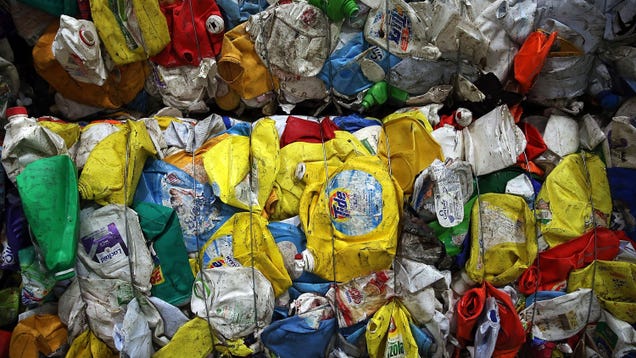
This story was originally published by Grist. Sign up for Grist’s weekly newsletter here.
McDonald's
In 2007, Israel set up blockades around the Gaza Strip, claiming that many everyday items could also be used to make weapons.
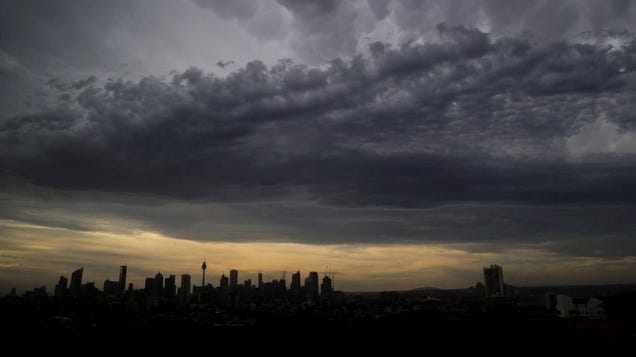
Nowhere is safe from microplastics. Tiny plastic pieces are in waterways, in our bodies, and now researchers have found microplastics in clouds on top of Mount Fuji and Mount Oyama.
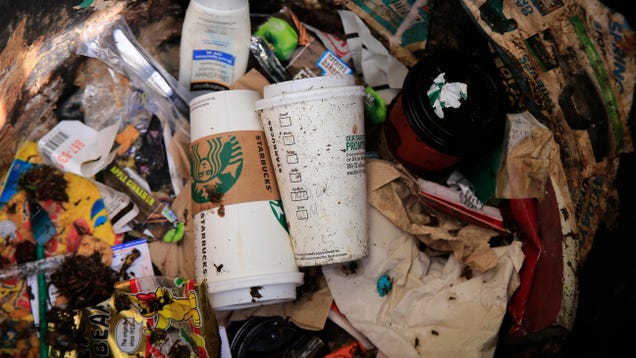
In recent years, drink chains have switched their single-use cups from plastic to paper to avoid plastic pollution and pile-ups in landfills. But according to recent research, the plastic cup that we feel good walking out of a cafe with isn’t great for the environment either.
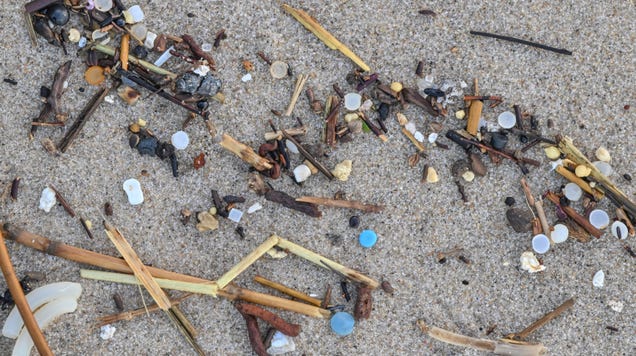
The world is covered with plastic pollution. That breaks down to become microplastics—tiny bits of plastic smaller than 5 mm.
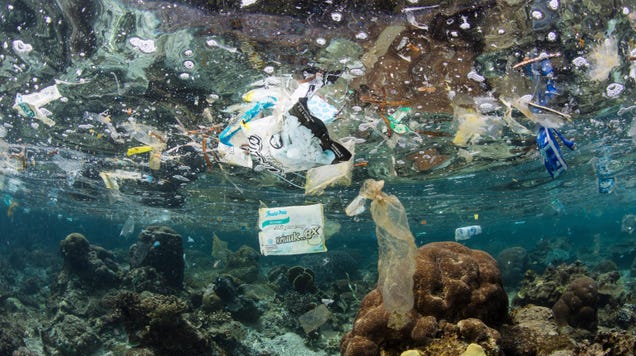
An analysis of global plastic data over the past four decades, published in the journal PLOS ONE, found that there’s now an estimated 170 trillion plastic particles—more than 2.2 million tons—floating in the world’s oceans.
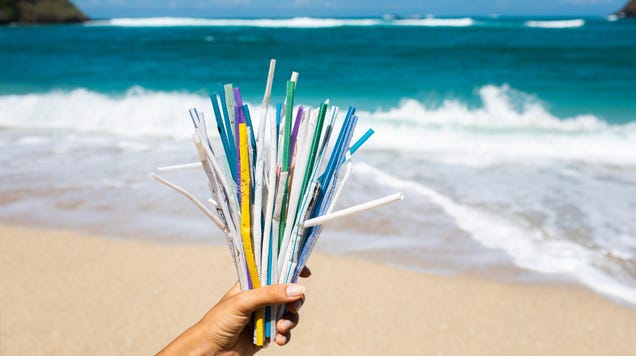
As the war on plastic straws rages on, researchers in Korea have created a bioplastic alternative that is made out of potato starch and citric acid.
Joe Brock/Reuters